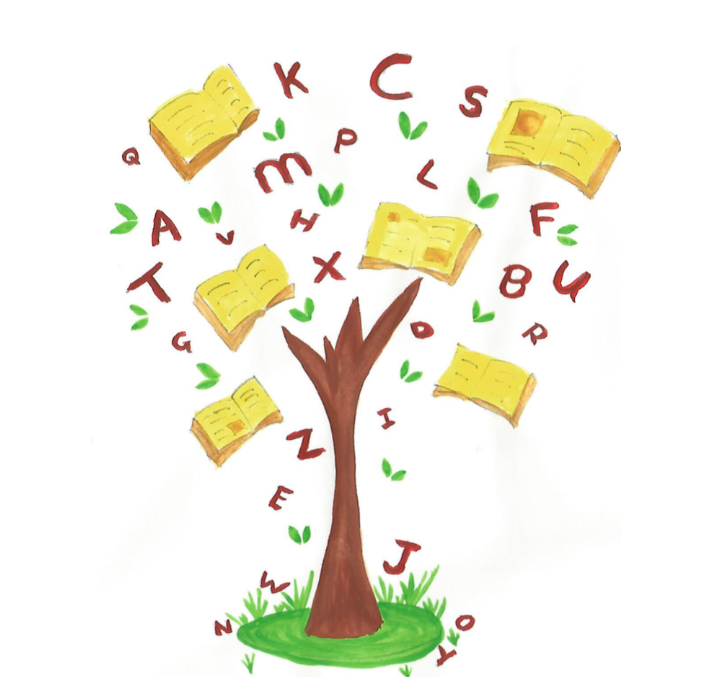Prescription for Speech Delay?
What is the prescription for late talkers?
I get asked by so many parents to give them a prescription or a checklist of what to do to help their speech delayed little one. I have resisted creating this, as there is so much pressure on parents and judgment, but the beauty of writing it in a post like this, is that I can explain to you that I am not here to judge & this post is designed for you to take what you need! It’s not a rule book, but simply a guide, for those who want it, based on my 12+ years practicing as a speech & language therapist .
This post is not for you if you prefer to go with the flow, and watch and wait – which of course is totally valid. This post is for the parents who want to take action and want to know they are doing all the things, and, have the bandwidth to do so!
I have broken the ‘speech delay prescription’ down by ‘dosage’ (am I taking this medical metaphor too far?!) and there is a checklist attached to the bottom of this post, for those who like that kind of thing.
Before we dive in, a quick note on ‘speech delay’….
Is speech delay the right term? I use this term because it is the language that most parents use. However, clinically this means a very specific thing. In the world of speech & language therapy the term ‘speech delay’ actually refers to a child who is delayed in developing their sounds. The more accurate terms to use here would be ‘speech & language delay’, ‘communication differences’, ‘late talker’, because these terms refer to more than just the sounds themselves. Generally when parents ask me about their ‘speech delayed child’ they are telling me that their child is using a limited number/ no words. This can be due to speech sounds alone but more often than not it is more likely a language or communication difficulty.
If you have any questions on the above please let me know, the whole reason I am here is to support families – not add more confusion!
Ok onto the dose!
Daily (everyday):
- Use props/ objects: when talking to your child, particularly around transitions or when asking questions, use props. For example: hold up 2 snack options when asking your child what they want, label the items and pause to allow them to make a choice.
- Replace questions with comments: instead of asking ‘what’s this?’ tell them say ‘it’s a …’.
- Introduce baby sign/ Makaton sign: choose 5 words that are really meaningful for your little one (they should be things they love), and learn the sign for these. Model the sign every time you say the word.
Weekly (2-5 times a week):
- Read/ expose your little one to books and stories: this can be audiobooks or physical books, ideally you would expose them to some physical books and not totally rely on audiobooks.
- Screen free 1:1 time: spend 10-30 minutes with your little one 1:1 with no screens/ background noise or other distractions. Follow their lead and interests in play and comment on what they are doing.
Monthly:
- Track: keep a record of how your little one is developing over time. Write down their interests (in terms of play, books, food), how long they like to play with their favourite activity, and the way they are communicating (signs, hand leading, pointing, words) & how many things they communicate for (how many words/ signs they have).
- Choose 10 new special words: choose 10 words of items, food, games, activities that your little one loves but does not yet have a way of asking for. Learn the baby sign/ Makaton sign for these words and model the words often across the month.
Every 2-3 months:
- Check in with your health visitor/ GP to see where you are on the waitlist for services. I would expect within this time frame you should have had some contact (assuming a referral has been made for support), so if you have not it is worth a call to see where you are.
